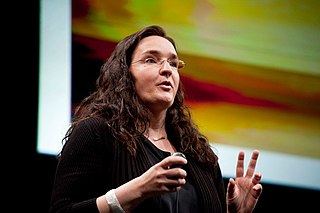A Quote by Edward Gibbon
Rational confidence [is] the just result of knowledge and experience.
Quote Topics
Related Quotes
Why are we so addicted to factual knowledge? Why are we so uncomfortable with the unknown? Is it something about the anxiety of our time? Because of course that wasn't always the way. Even now the whole idea of the rational individual has been subject to question and yet we still cling to this idea of factual, rational knowledge being more valuable than whatever its opposite might be.
I would simply ask why so many critics, so many writers, so many philosophers take such satisfaction in professing that the experience of a work of art is ineffable, that it escapes by definition all rational understanding; why are they so eager to concede without a struggle the defeat of knowledge; and where does their irrepressible need to belittle rational understanding come from, this rage to affirm the irreducibility of the work of art, or, to use a more suitable word, its transcendence.
Every woman who has had experience with sexual violence of any kind has not just pain, and not just hurt, but has knowledge. Knowledge of male supremacy. Knowledge of what it is. Knowledge of what it feels like. And can begin to think strategically about how to stop it. We are living under a reign of terror. Now what I want to say is that I want us to stop accepting that that's normal. And the only way that we can stop accepting that that's normal is if we refuse to have amnesia everyday of our lives.
We want to believe in the essential, unchanging goodness of people, in their power to resist external pressures, in their rational appraisal and then rejection of situational temptations. We invest human nature with God-like qualities, with moral and rational faculties that make us both just and wise. We simplify the complexity of human experience by erecting a seemingly impermeable boundary between Good and Evil.







































